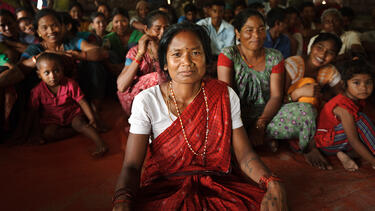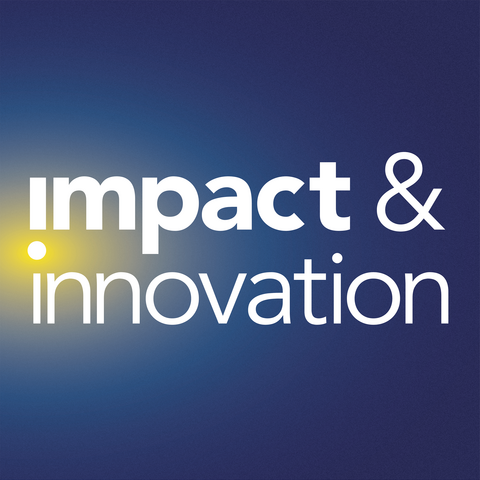Social Impact
The Funding Crisis Facing Nonprofits
We talked to Andrea Levere ’83 and Alexandra Sing ’20, CEO and COO of Capitalize Good, about the state of the social sector and the increased urgency of their work working with funders and nonprofits to move toward a model of stable, long-term capital.
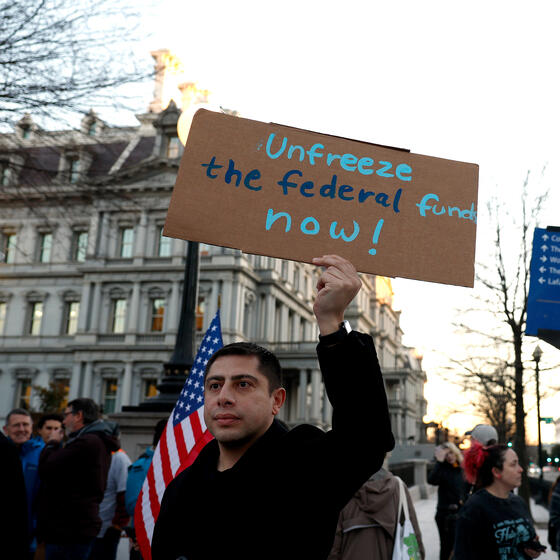
Donors Give More When They Have a Sense of Belonging
Recent research, drawing on behavioral economics, suggests that donors make larger contributions to a nonprofit organization when they have a sense of active involvement in the organization's mission. In an op-ed for the New York Times, Professor Robert Shiller suggests that changes to legal and institutional structures could be powerful new tools to increase engagement and giving.
Can the B Corp Change Business?
Social enterprises seek to make profit while having a positive impact on communities. As a nascent and hybrid form of organization, social enterprises are vaguely defined. Might a certification process provide benefits for such organizations? Andrew Kassoy of the B Lab talks about the potential of the benefit corporation, or B Corp, to change the way business is done.
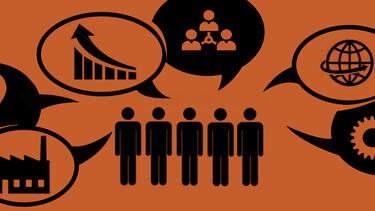
Does New York City Need Lincoln Center?
Performing arts organizations are contending with aging audiences and shrinking budgets, and looking for new ways to reach audiences. Yale Insights spoke with Jed Bernstein ’79, formerly a theatrical producer, as he prepared to begin his new job as president of Lincoln Center, the country’s biggest stage for classical music, opera, and dance and a pillar of New York City’s economy.

Can Insurance Help the Poor Manage Risk?
Rainfall insurance can help a farmer survive a drought year and ultimately increase prosperity in rural areas. So why aren’t more using it? Many people in developing countries rely on informal insurance, such as a family network, rather than formal insurance. Yale SOM professor Mushfiq Mobarak’s research has tested the effects of formal insurance for farmers in India and elucidated how the two systems interact.
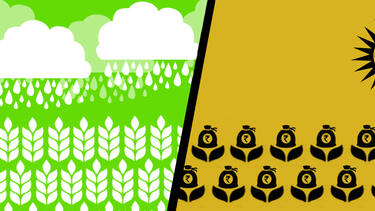
What’s Next For Social Enterprise?
Social enterprises, ventures that seek to address significant societal problems while also achieving financial sustainability, have become a bigger part of the business world. Chuck Slaughter ’90, founder of Living Goods, discusses what it will take for the field to produce a breakout star.

What Do Social Entrepreneurs Do?
Four Yale SOM graduates who have founded and run organizations—both for-profit and nonprofit—that aim to have large-scale social impact talked about their experiences in the fast-developing field of social enterprise.
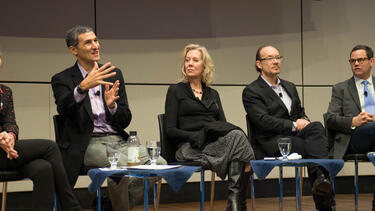
Can Teaching Tea Workers In India To Read Have a Larger Impact?
Mercy Corps’ literacy program in Assam, India, works because it is local—designed and taught by staff with an understanding of the culture there. As a global organization, Mercy Corps needs to balance investment in a deep understanding of local issues with the imperative to make a difference in as many lives as possible.

How Can Social Entrepreneurs Respond to the Growing Freshwater Shortage?
Anupam Bhargava, CEO of Clearwater Systems, discusses the role of cleantech in ensuring a sustainable water supply.

Classroom Insights: Hybrid Models for Social Good
In a talk with Master of Advanced Management students at Yale SOM, Mercy Corps CEO Neal Keny-Guyer ’82 discusses the importance of finding innovative partnerships between the nonprofit and for-profit sectors.
Do international development organizations need to be in the innovation business?
Neal Keny-Guyer '82, CEO of Mercy Corps, talks about his organization's formula for innovation: local leadership, rigorous metrics, and a willingness to adapt and change in mid-project.
